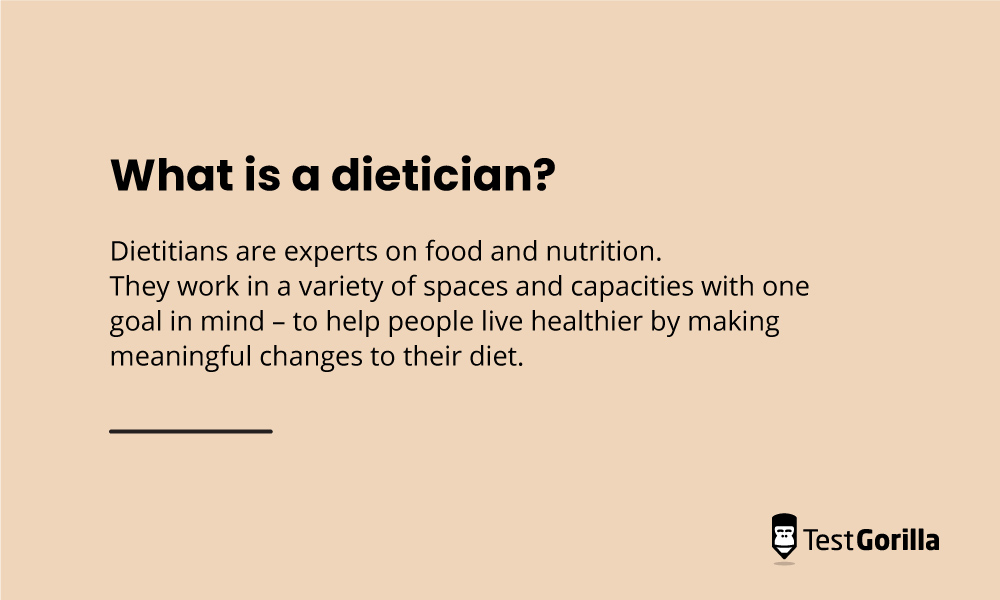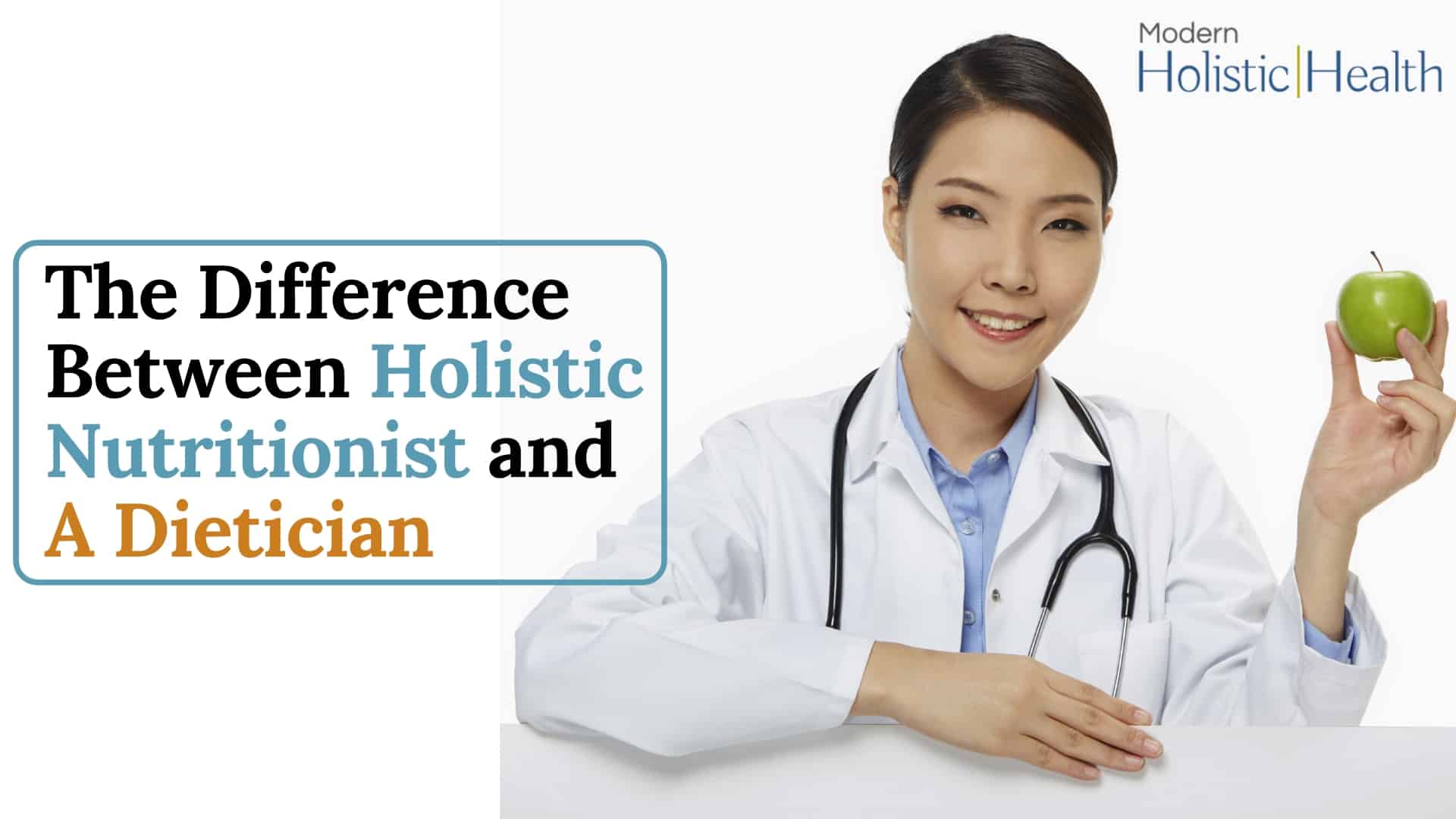All Categories
Featured
Table of Contents
-1
In the USA and several various other countries, a dietitian is a board-certified food and nourishment expert. They are highly enlightened in the field of nutrition and dietetics the science of food, nutrition, and their effect on human health and wellness. Via extensive training, dietitians get the knowledge to provide evidence-based medical nutrition therapy and nutritional counseling tailored to satisfy a person's requirements.
-1To make clear, the qualifications of RD and RDN are interchangeable. However, RDN is a more recent designation. Dietitians can choose which credential they would certainly instead utilize. To make these qualifications dietitians-to-be have to initially earn a bachelor's degree or equal credits from a recognized program at a college or university. Normally, this needs an undergraduate science level, including programs in biology, microbiology, organic and not natural chemistry, biochemistry, composition, and physiology, in addition to more customized nourishment coursework.
Nutritionist Specialising In Eating Disorders
-1This allows them to assess acute needs, prioritizing dangerous problems. Inpatient and outpatient dietitians additionally provide nourishment education to individuals with specialized requirements, such as those recently out of surgical procedure, in cancer cells therapy, or diagnosed with chronic health problems like diabetes or kidney illness. In the outpatient setup, they give much more comprehensive dietary therapy functioning towards a nutrition-oriented goal.
-1They can additionally advocate for public policies with a focus on nourishment, food, and wellness concerns. Research dietitians typically operate in research health centers, organizations, or universities. They operate within a study group headed by a main private investigator and accomplish nutrition-focused interventions. As soon as dietitians have actually made their credentials and are operating in the area, they can take place to specialize in a certain subcategory, such as pediatrics or sporting activities dietetics.
-1Others may function as wellness and nourishment professionals in media or as public speakers (Weight Loss Dietitian). Dietitians are certified to handle nutrition therapy throughout a span of severe and chronic problems.
Nutritionist For Ibs
-1In several states, such as Alaska, Florida, Illinois, Maryland, Massachusetts, and Pennsylvania, RDs and CNSs are granted the same state certificate, typically called an Accredited Dietitian Nutritionist (LDN) license. In states that don't control the usage of this term, anyone with a rate of interest in diet regimen or nourishment may call themselves a nutritional expert.
-1Due to the fact that uncredentialed nutritionists usually do not have the experience and training for clinical nourishment treatment and nutrition counseling, following their advice could be considered unsafe (). Before speaking with a nutritional expert, you might wish to inspect whether your state manages that might use this title. In the U.S. states that don't manage the term, no levels or qualifications are required to be a nutritional expert.

-1
In states that do mandate licensure, the CNS or RD credential might needed. Those with CNS qualifications are wellness specialists like nurses or physicians with sophisticated health levels who have actually sought extra coursework, completed monitored technique hours, and passed an exam managed by the Board for Certification of Nutrition Specialists.
-1While some of these strategies might have robust scientific backing, others might not. Offering nutrition suggestions without the appropriate understanding and training can be hazardous, specifically when counseling those with health conditions. If you are taking into consideration getting in touch with a nutritional expert, you may desire to ask if they are a CNS or have state licensure or accreditation, or another credential.
Community Dietitian ( Vincent 6007)
-1Several states particularly control this term. In addition, nutritional experts may pursue an innovative CNS qualification.
-1It can be testing to aid individuals make authentic, long lasting modifications in their lives. Nonetheless, when you get an effective case, the payoff can be profoundly rewarding. If it's a job choice that you wish to go after, there are two primary profession options available to you. Both dietitians and nutritionists provide a range of nutrition-based services to clients.
-1They should have completed some level of education in their area. They are additionally needed to have completed up to a year of supervised work, working within a led program at a healthcare center, catering organization, or area body. Dietitians have far better expectations positioned on their capacities and level of expertise.
-1This suggests that there is no body that oversees their certifications and no especially rigid standards that nutritionists need to adhere to in order to be able to practice. Dietitians, on the other hand, are signed up with across the country recognised bodies, such as the Dietitians Association of Australia. They have to comply with the National Competency Criteria for Dietitians.
Healthy Eating Plans

-1
Nevertheless, you can exercise as a nutritional expert without the same level of accreditation as a dietitian. Nutritionist courses can differ in length and quality, with some as short as 6 weeks and covering much less material than a dietetics program. Depending upon your education service provider, you can gain a significant amount of expertise via researching a simple nourishment program; nonetheless it is very important to check out the program web content before starting.
-1This can consist of attending sector workshops or checking out market magazines. Nutritional experts, on the various other hand, normally make their certifications in order to supplement various other certifications and give better suggestions to their clients. Nutritionists can acquire employment in a vast range of fields, consisting of public wellness recommendations, recommendations for individuals, and dealing with personal organisations.
-1Nutritionists can work with sporting organisations, fitness centers, colleges and suggest media electrical outlets on fundamental terms and proper usage of terms. Dietitians can function in many of the same roles as nutritional experts.
Weight Management ( Vincent 6007)
-1Dietitians often work with more clinically delicate clients. Because of the high degree of expertise needed to supply solutions to these individuals, just recognized dietitians are permitted to give treatment.
-1In Australia there is a distinction between a dietitian and various other nutritional health suppliers consisting of nutritional experts. All dietitians are nutritionists, yet nutritionists without a dietetics certification can not call themselves a dietitian. While there are similarities in between a dietitian and nutritionist there are differences in qualifications and policy. The dietetic career is managed and meets strict criteria as laid out by the National Partnership of Self Regulating Health Professions (NASRHP).
-1Dietitians with the Accredited Practising Dietitian (APD) credential commit to ongoing training and education and learning throughout their jobs. They stick to our code of conduct. Dietitians have the expertise and abilities discovered in the National Expertise Specifications for Dietitians. As a career, nutritionists are not managed in Australia under NASRHP or certified under a solitary governing body.
Best Nutritionist For Weight Loss
-1If you have a persistent health and wellness problem and a treatment strategy from your General practitioner, you may be able to assert a Medicare discount when you see an APD. The main function of people functioning in the occupation of dietetics is embodied in this declaration: The career of dietetics adds to the promotion of wellness and the avoidance and therapy of ailment by optimising the nutrition of populations, areas and people. Nutritionist for PCOS.
Latest Posts
Who To Refer To Us – Swan
What Are Fad Diets And How To Spot Them? Part 1 – Rockingham
Acknowledgement & Inclusivity - Perth